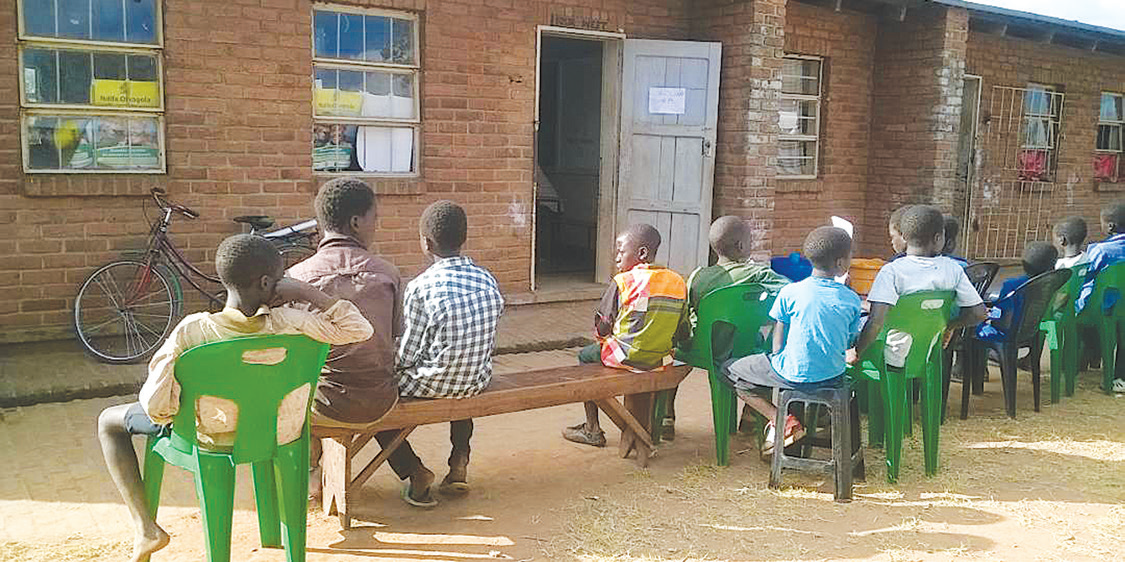Inflation continues upward hike, hits 27%
M
alawi’s year-on-year headline inflation rate rose again in March on account of rising commodity prices to 27 percent, meaning that prices of goods and services were going up at a faster rate than in February.
Overall food inflation rate rose to 32.4 percent in March from 31.7 percent in February while non-food inflation rate declined by 0.1 percentage point from 20.5 percent in February to 20.4 percent in March.
Economic analysts and consumers yesterday said the soaring inflation rates will further elevate the cost of living and affect purchasing power.
Published National Statistical Office (NSO) figures released yesterday showed that in comparison to the previous month, inflation, the rate of the increase in prices of goods and services over a given period, rose by 0.3 percentage points in March.

This is a jump from 26.7 percent recorded in February, mainly due to rise in food prices, especially maize.
Consumers Association of Malawi executive director John Kapito in an interview yesterday said elevated maize prices continue to pose challenges, considering the significance of maize in the inflation basket.
He said: “Since maize is one of the key components in the inflation basket, its price rise has created challenges for consumers as we have noted a sharp rise in the cost of living.”
In Malawi, maize, as part of the food component, accounts for about 53.7 percent of the consumer price index, an aggregate basket of goods and services used in computing inflation.
Over the past12 months, maize prices have been on the rise with a 50 kilogramme (kg) of maize reaching as high as K40 000.
Some have attributed the high demand for maize to Cyclone Freddy, which hit the Southern part of the country last month and displaced over half a million people.
The disaster has also worsened the outlook of economic activity due to the serious damage caused to infrastructure, according to analysts.
Economics statistician Alick Nyasulu said in an interview that inflationary pressures are going to persist due to the weather shocks and low production of food.
“Inflation was already on its way up due to food shortages emanating from a low harvest last season,” he said.
Catholic University of Malawi economics lecturer Hopkins Kawayealso indicated in an interview that inflation could be on an upward trajectory this year on account of the weather-related shocks.
Meanwhile, the Reserve Bank of Malawi has hinted that there will be policy consideration and a re-look towards both inflation stability and economic recovery in view of Cyclone Freddy disaster.





